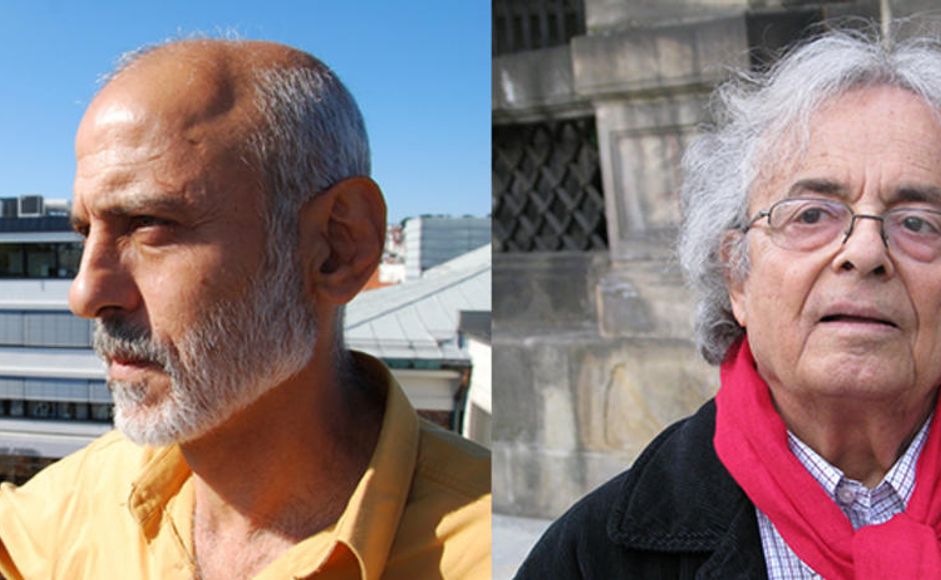
Revolution of the mind
By Mohammad Habeeb
Adonis been writing poetry for 70 years, and he led a modernist revolution in the second half of the 20th century, exerting huge influence on Arabic poetry.
Imagine...
In his third book of poetry, The Songs of Mihyar the Damascene, Adonis marked a definitive disruption of existing poetics and a new direction in poetic language. This also inspired a lot of the young poets as it was highly appreciated and studied.
Adonis opposed the suppression of the individual’s imagination. Poetry, he argued, must remain a realm in which language and ideas are examined, reshaped, and refined, in which the poet refuses to descend to the level of daily expediencies. This had been credited with "far-reaching influence on the development of Arab poetry," including the creation of "a new poetic language and rhythms, deeply rooted in classical poetry but employed to convey the predicament and responses of contemporary Arab society.»
Fatwas against Adonis
Adonis is one of the most controversial and disputed writers in the Arab world. He views culture as dynamic rather than immutable and transcendent, challenging the traditionalist homogenizing tendency within heritage. This put Adonis, as a critic of Islamic religious values and traditions, who describes himself as a non-religious person, in a contest with Islamic fundamentalists, who issued two separated fatwas against him as an infidel, and demanded his books to be banned, and burned.